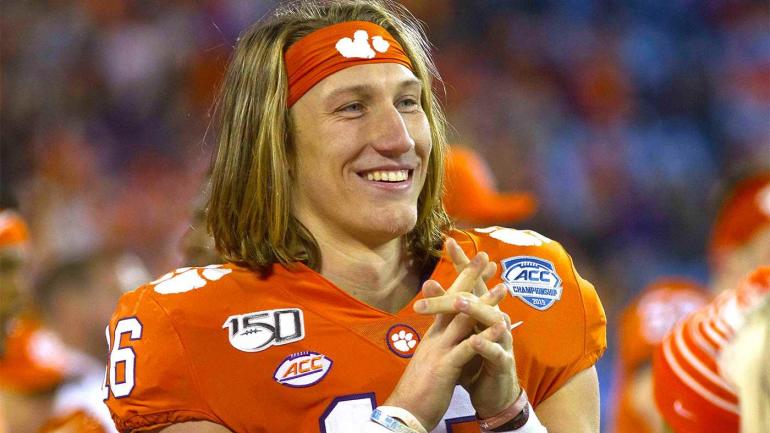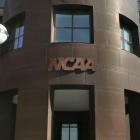
Update: Following up on their GoFundMe this week, Clemson quarterback Trevor Lawrence and his girlfriend, Anderson women's soccer player Marissa Mowry, have created a COVID-19 relief fund. The fund, managed by the Cartersville-Bartow Community Foundation, is raising money and providing assistance for Georgia and South Carolina families affected by coronavirus pandemic.
"Marissa and I have created the Fund to help our friends and neighbors in the Cartersville and Upstate South Carolina communities deal with some of the challenges brought about by the COVID-19 situation," Lawrence said in a statement. "We hope others will join us in supporting the many families in need. These are challenging times, and no one should be left behind."
Original story
Clemson quarterback Trevor Lawerence and his girlfriend, Marissa Mowry, tried to do something positive for victims of the global coronavirus pandemic by setting up a GoFundMe account in an attempt to raise money, but a temporary stop sign was put up before the fundraiser could get doing. The State had originally reported on Tuesday that the page was shut down due to NCAA rules.
However, the NCAA issued a statement Tuesday afternoon denying that the organization itself asked Lawrence and Mowry to take it down. The State subsequently clarified that Clemson compliance told Lawrence to take down the page.
"The NCAA did not ask Trevor Lawrence to take down his fundraiser for COVID-19 patients and their families," the NCAA said in a statement. "We continue to work with member schools so they have the flexibility to ensure that student-athletes and communities impacted by this illness are supported, and we applaud Trevor for his efforts."
The Clemson athletic department was contacted late Tuesday afternoon by the NCAA and told that it will allow Lawrence and other athletes to raise money for charities during the pandemic.
"Shout out to the NCAA. Thank y'all so much for granting a waiver," Lawrence posted Tuesday night on his Instagram page. "They're allowing us to continue to raise money for what we were doing originally. So we're gonna take some time and kind of think about how we're going to restart it back up."
The NCAA statement came after Mowrey posted a video on her Instagram page stating that rules prevented the star quarterback from participating in the fundraiser.
"Unfortunately Trevor cannot be a part of this anymore due to compliance and some rules, so he can't help out anymore," Mowry said in the video. "And also we have to take down the GoFundMe page. So we just want to apologize and say that we are really sorry if you thought that your money was going to go to a direct family, because it no longer can."
Lawrence appeared in a longer version of the video that was posted to Mowrey's Instagram story and commented further on the situation.
"Despite all of the craziness and drama with that, we were able to raise a little over $2,500. So all of that's going to go to Meals on Wheels and No Kid Hungry, which is super awesome," Lawrence said in the video, which will disappear after 24 hours. "Thank you guys, all of y'all that donated. It's really much appreciated. It's going to help some kids and some elderly [people] somewhere, so it's going to be very helpful. So we really appreciate y'all. Sorry for all of the drama and all of the confusion, but we got it worked out."
The page, called "Love One Another," stopped receiving donations on Tuesday after raising $2,670 for COVID-19 family relief and support. Mowry said in the video that the money will instead be donated to non-profit organizations.
"Our intentions were to try to help everyone and that's changed a little bit," Mowry said. "But we are still going to do our best to love on y'all and support one another during this hard time."
It's unclear if the money that already has been raised will still be donated to the two charities or be distributed to COVID-19 family relief -- as initially intended.
More than 400,000 people worldwide have been infected by COVID-19 pandemic, according to Johns Hopkins, including more than 50,000 in the United States. More than 18,000 people have died.






















